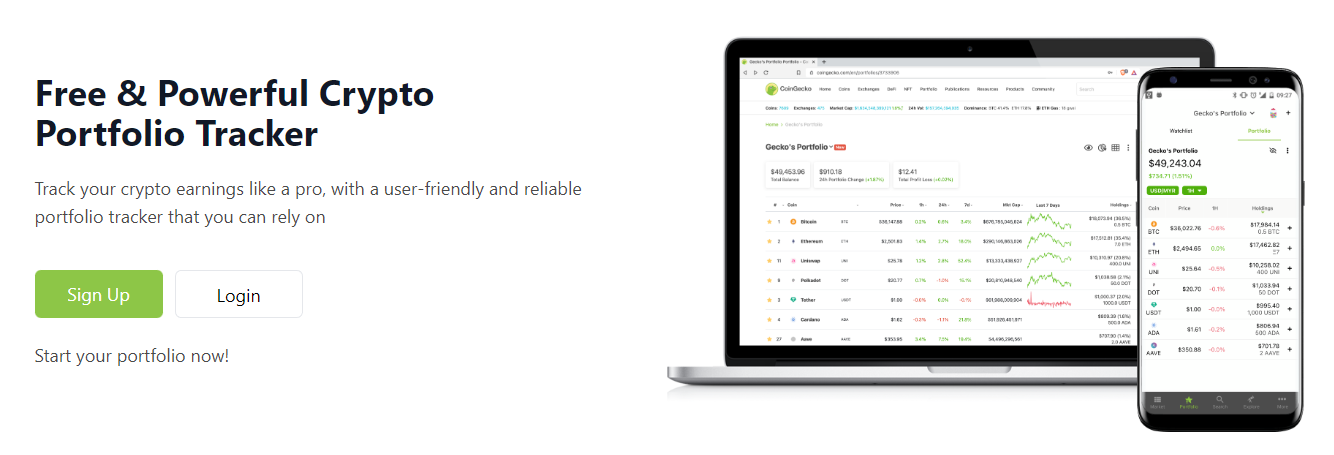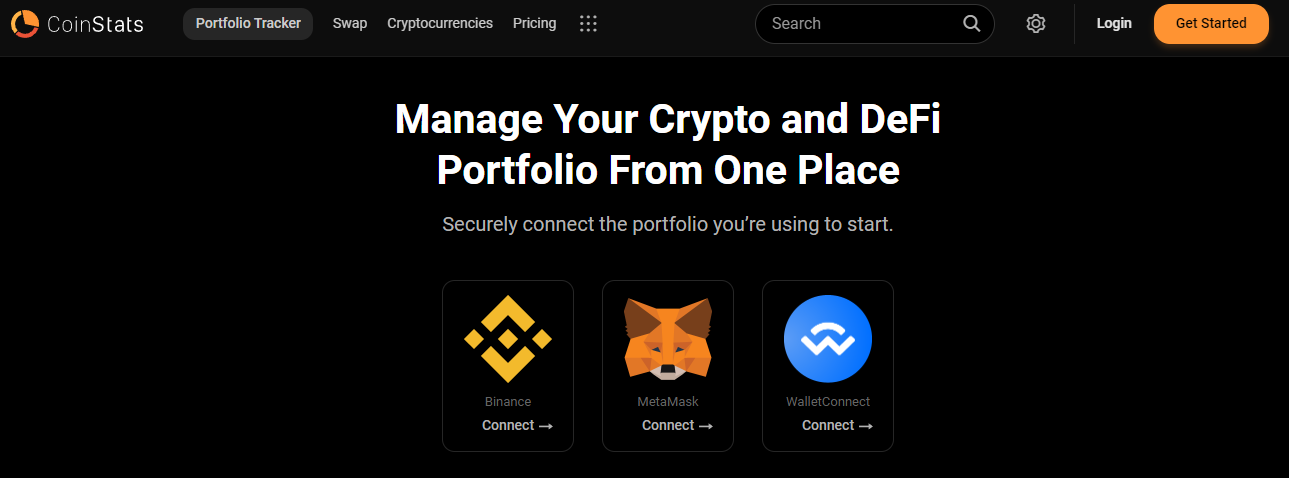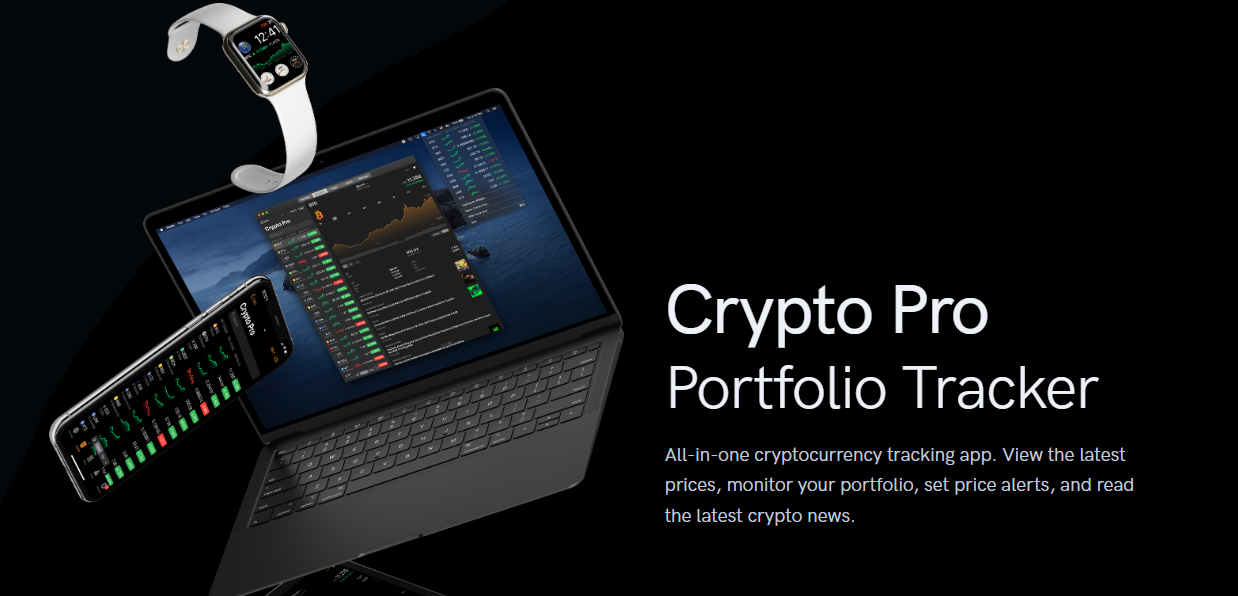What are NFTs? NFT Art Explained | Future of NFTs

You may have heard of CryptoPunks, Bored Ape Yacht Club, and VeeFriends, but you may not understand what they are. These names may sound like random combinations of words, but they actually represent some of the most valuable non-fungible token (NFT) projects that have emerged in the past few years.
The world of crypto art and NFTs may appear complex and mysterious, with a mix of celebrities, influencers, and internet experts. But it's not as confusing as it seems. Let's start from the beginning.
What Is An NFT?
Nearly all crypto art that has been introduced to the market has been done so through the minting of non-fungible tokens (NFTs). NFTs are digital assets that have verified proof of ownership. While "fungible tokens" like the US dollar can be easily traded (like exchanging 4 quarters for a dollar), each NFT is unique and cannot be easily traded. For example, imagine a sketch of "Starry Night" by Vincent Van Gogh that has been authenticated by a fine art appraiser as an original. This sketch would be non-fungible because you could not easily exchange it for, say, an original sketch by Leonardo da Vinci. This concept is easy to understand with tangible items like art pieces or collectible cards, but when digital assets can range from a celebrity tweet to an iconic meme to a picture of a pimped out animated ape, it may be confusing.
How Can We Ensure Unique Authenticity?
This is where NFTs enter the scene. Say you are a graphic design artist who just finished your newest 1-of-1 piece of work and you want to sell it as an NFT. Whoever purchases this piece would not only receive the artwork but they would also receive a “digital receipt” that proves that this exact piece is original, unique and authentic.
“But What If I Just Screenshot This Digital Artwork? Wouldn’t I Technically Own the Piece as Well?”
This is the first question that many have mockingly asked on social media and internet forums. The easy answer: yes, you can screenshot practically all digital artwork, but no, that does not mean you own it.
For example, millions of people swarm into the Louvre every year, waiting patiently amidst a giddy crowd, just to capture a picture of the priceless Mona Lisa. Obviously, a picture of the Mona Lisa saved on your iPhone camera roll does not mean that you own that painting.
NFTs work the same way.
Just as the Louvre paid millions of dollars to own, maintain, and display the Mona Lisa in their museum, NFT buyers do the same. However, the main difference is that instead of paying dollars to house the art in a fancy museum, they are paying with cryptocurrency and housing their art in a virtual showcase, so to speak.
This is the basis for how NFTs, cryptocurrency, and blockchain technology are establishing a new and lucrative market for digital art and artists.
The Art of Being Digital
In a 2021 interview, Gary Vaynerchuk (founder of Vayner Media and creator of VeeFriends) made the following statement regarding NFTs. The interviewer remarks on the tangibility of NFTs stating, "the digital aspect, like, you can't see it" — Gary jumps in:
"Well, you can't see a blue check on Instagram? I don't walk around the world with a blue check tattooed on my forehead, but everybody sees it. You can't see my 9 million followers on Instagram, or can you? I would argue the reverse. I would argue that people can't see most of the fancy things you have in your house; that people can see more digital than real life."
And he's onto something, and I'd like to call that something "The Art of Being Digital". In our highly digitized world, our online outreach and interconnectivity is wildly amplified. Gary Vee currently has 9.9 million followers on Instagram — but without access to the internet — he has no way of interacting with that community and tapping into the true power of those 9.9 million people.
Why Do NFTs Have Value?
The value of an NFT is determined by the collective intentionality of those who are willing to buy and sell them. In other words, the value of an NFT is based on what people are willing to pay for it. This is similar to the way that the value of traditional art is determined by the market, with the value being based on factors such as the artist's fame and the rarity of the work.
The Tom Brady example illustrates this idea. On the surface, it might seem strange that someone would pay $430k for a digital picture of a cartoon ape. However, if we consider the fact that the buyer was Tom Brady and the seller was the well-known digital artist Trevor Jones, it becomes clearer that the value of the NFT was determined by the collective intentionality of those involved in the transaction.
Furthermore, the digital art of NFTs offers more than just a digital file and a high price tag. NFTs provide the ability for digital artists to monetize their work and for collectors to own and trade unique digital items. This opens up new opportunities for artists and collectors alike, and has led to the growth of a vibrant and exciting market for NFTs.
Join The Club
Celebrities such as Tom Brady, Post Malone, Steph Curry, and Jimmy Fallon have been buying Bored Ape NFTs. Bored Ape NFTs were introduced by the Bored Ape Yacht Club (BAYC) in April 2021 at a price of 0.08 Ethereum (ETH) each, or about $190 at the time. Since then, the price of Bored Apes has increased significantly, yielding substantial returns for early investors.
In addition to the potential for financial gain, buying a Bored Ape NFT also grants the buyer access to the BAYC community. This includes access to the BAYC Discord, where buyers can connect with other members of the club, including celebrities, and collaborate on NFT-related projects. BAYC also gives members priority access to future NFT drops, allowing them to expand their collections.
Minting and selling NFTs can also be highly lucrative for those who create their own NFT projects. This is another reason why celebrities and others may be interested in the NFT market. Creating and selling NFTs allows artists and other creators to monetize their digital work and gives collectors the opportunity to own unique digital items. The growth of the NFT market has created new opportunities for both artists and collectors, leading to a vibrant and exciting market for NFTs.
Blockchain, Smart Contracts, and Secondary Sales
Blockchain technology is used to record the conversion of traditional currency into cryptocurrency, such as Ethereum (ETH), in the NFT market. This transaction is recorded on the blockchain as public information that is easily accessible to anyone who wants to view it. This ensures transparency and helps to prevent fraud in the NFT market.
Smart contracts are programs stored on the blockchain that allow NFT creators to stipulate the conditions of resale. For example, a creator could draft a smart contract that allows them to earn a 10% commission on any subsequent resales of their NFT. This allows creators to continue to benefit from the success of their work, even after the initial sale.
Smart contracts also facilitate secondary sales in the NFT market. When the value of an NFT increases, the smart contract associated with that NFT can automatically distribute any profits from the sale to the relevant parties, such as the creator or the NFT platform. For example, if the value of Tom Brady's Bored Ape NFT increased from $430k to $530k, the smart contract could automatically distribute the $100k profit to the Bored Ape Yacht Club, if that was stipulated in the contract.
This use of smart contracts helps to ensure that all parties are fairly compensated for their contributions to the NFT market, and it allows for efficient and transparent transactions without the need for intermediaries.
The Future Of Crypto-Art
Grammy-winning artist Tyler, the Creator recently questioned the value of NFTs, stating that most of the examples he has seen are not "beautiful art." While art is subjective and many NFTs are AI-generated, there are still many ways in which NFTs can offer value in the real world.
First, NFTs can be used to represent tangible experiences and achievements. Instead of framing a concert ticket or a season pass, these items could be represented as NFTs, allowing individuals to proudly display their experiences and achievements in the digital world. This could be especially beneficial for VIP experiences and exclusive memberships.
Second, NFTs can provide a level of authenticity and scarcity that cannot be achieved with physical items. This is especially useful for limited edition items and collectibles, which can be authenticated and traded easily on the blockchain.
Third, the use of smart contracts can ensure that all parties are fairly compensated for their contributions to the NFT market. This allows for transparent and efficient transactions without the need for intermediaries.
Overall, while some may dismiss NFTs as "silly little digital artworks," they have the potential to reshape not just the art world, but the world itself.
Create Your Free Token Metrics Account

.png)




%201.svg)
%201.svg)


%201.svg)



















.svg)




.png)